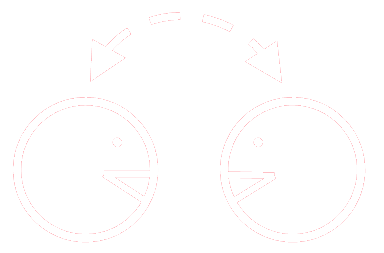Learning German, just like learning any other language, can be a big endeavor for any beginning student. Anyone can learn German, but it takes a certain amount of willpower and resolve to learn to speak fluently. Learning a new language is never easy, but by making a commitment, following through, and using a few tips on language learning, you can get a great start on your process to learn German and see it through to the end.
The best first step anyone can take to learn German is to find a high quality German tutor or language partner. A human being will give you much better input and feedback than any book, audio series, or online lesson will, and they can tailor their instruction to fill your exact needs so that the learning process much faster and more effective.
You can find German tutors on a variety of online websites or in the classifieds, but it is important to meet with the person face-to-face at least once before you make a commitment. It is important to ensure that your tutor is not only knowledgeable on the language, but also works well with you and your learning style.
You could also go the route of a learning exchange partner. Similar to a tutor with the personal support, a learning exchange partner is a free way to build your language skills. Instead of paying money, you exchange lesson for lesson so that you both grow in the skills that you wish to. Everyone has something to learn, and everyone has something to teach. Sites like LRNGO offers an easy platform for you to connect with a language exchange partner, or search for a hired tutor.
One of the first tips on learning any language is to not have your expectations set too high. A language can take a matter of years to learn fluently, and no one but a savant will learn German in less than a month. It takes time, determination, and a whole lot of mistakes before you get anywhere near fluency, so you can’t get discouraged and give up prematurely. Besides, mistakes help strengthen your understanding, so dive in, and don’t be afraid to mess up.
One detail to keep in mind that will help you as you learn vocabulary is that German words are very descriptive and that many Germans words are made up of smaller words; therefore, you can easily guess a word you have never heard before by breaking it down into its smaller parts. For instance, the German word for hospital is krankenhaus, which can be broken down into "sick person" and "house", so if you know the basics, learning the rest can prove relatively simple. However, descriptive words also mean that words that would be short in English might actually be long, and you can actually find German words that are made up of so many smaller words that they can be as long as 80 letters!
Remember that as soon as you start learning, you must start practicing. This is perhaps one of the most important tips you can follow in order to successfully learn German, because practice is what really makes the language stick. Seek out as many opportunities as you can to talk, read, listen, and even write in German, and try to find willing conversation partners who will help you with your grasp of the language. Don’t worry about sounding stupid or messing up, because those are all essential steps in your endeavors to learn German.
The web is full of online resources for you to practice German on your own, such as sites like Digital Dialects, BBC’s German Language, and Web German and podcasts like German-Podcaste.de or German Pod 101. You should also find a conversation partner (if you have a language exchange partner, they’re a perfect option) and pen pal so that you can practice your spoken and written German and get relevant, honest feedback from a native or fluent speaker.
Photo Credit: Bert Kaufmann





